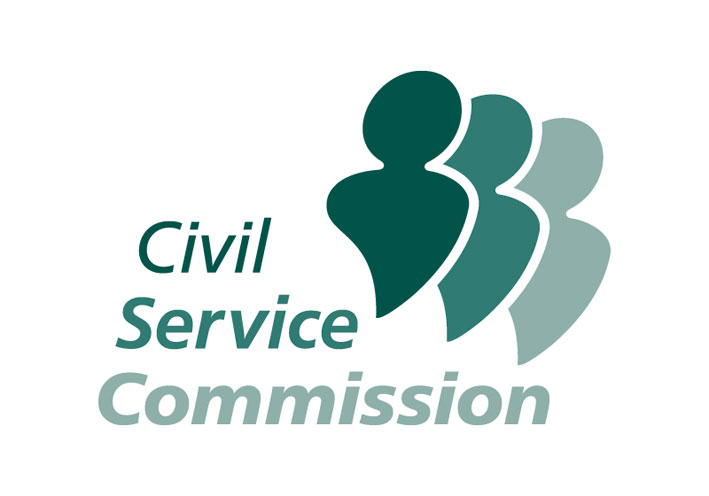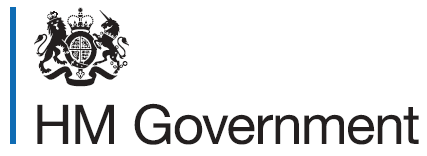Rosie Glazebrook reflects on her time as interim First Commissioner
It has been a real privilege to serve as the interim First Civil Service Commissioner since September 2021, when Ian Watmore completed his fixed five-year term, and the Government started the open competition to recruit the next First Civil Service Commissioner.
The Commission has had an exceptionally busy few months, with the arrival of four new Commissioners to join the Board and Departments continuing to run very high levels of senior competitions chaired by Commissioners. Each of our 10 Commissioners is linked with specific departments or professions to build collaborative relationships, while maintaining the balance as its regulator.
The Commission’s role as independent regulator of Civil Service appointments is an important part of the constitutional ‘checks and balances’ in our system. Put simply, the Commission is responsible for providing assurance to the public that people joining the Civil Service have been recruited on merit, after a fair and open process. The Commissioners chair senior level recruitment panels but do not have a role in retention or internal moves and promotions of civil servants: that is a matter for management within Government Departments.
As a Board, we have long been in favour of allowing both existing civil servants and external recruits to compete for posts. Ultimately, it is a decision for Departments and Ministers on whether a vacancy is opened up to external applicants.
At times, attracting external candidates to apply for Civil Service positions can be challenging, particularly for more technical and specialist functions. The Commission plays an important role here in making sure that appointments processes are accessible and fair to all, and attract a diverse field, from how adverts are worded through to assessments that may be more familiar to some than others.
Our job as the chair of senior recruitment competitions is to help the panel test candidates’ skills and experience against the criteria and identify the best overall candidate for a specific position. All candidates must go through the same presentations, psychological testing, staff engagement exercises and media tests as well as traditional panel interviews. There are also opportunities for reserve list candidates to be offered other positions, if they require very similar skills, and the Commission supports efforts to increase efficiency and avoid duplication.
And of course, many candidates, who at the point of applying are existing Civil Servants, may have spent a large part of their careers in the private or voluntary sector. It is clear that the old stereotypes don’t really reflect the modern Civil Service.
As Chair, Commissioners want to see that Departments plan their appointment processes carefully, to make sure they have considered the diversity of panel membership, included a Non-Executive Director or key stakeholder, and encouraged Ministers to meet with Commissioners early in the process to answer any questions and meet shortlisted candidates appropriately as part of the process.
To deliver the government’s priorities, the Civil Service must continually recruit, train and retain people with the relevant skills and experience. The Commission also supports Civil Service initiatives that encourage movement between the civil service and external organisations to help build new or specialist skills and expertise in the longer term. The Commission champions diversity in its broadest sense, supporting the Government’s priority of civil service reform and levelling up and launched the new “Mark of Excellence” to showcase outstanding innovation and commitment in the recruitment of diverse candidates into the Civil Service on Feb 2nd 2022.
Undoubtedly the Covid -19 pandemic has been a huge national challenge. As its regulator, the Commission has reacted to enable the government and the Civil Service to quickly bring in the range of skills necessary to serve the country through this time.
For example, the Commission agreed the appointment of 5 Directors, 4 Deputy Directors and a Director General for the Vaccines Taskforce to the Department for Business, Energy and Industrial Strategy. The Director General was seconded in to develop a long-term vaccines strategy. We also assisted the Ministry of Justice and HM Prison and Probation Service to redesign their recruitment processes, when face-to-face recruitment was not possible, moving to virtual role play whilst maintaining fair and open competition.
What has always fascinated me about the Civil Service is the huge range and diversity of roles. As well as the draw of public service, it offers individuals truly unique opportunities and development and great potential for the public sector to learn from other sectors and vice versa.
On 9th December 2021 the Government announced Baroness (Gisela) Stuart of Edgbaston as the preferred candidate following an open competition to recruit the next First Commissioner. She was formally appointed after she appeared before the House of Commons PACAC for pre-appointment scrutiny on 3rd February.
I would like to thank my fellow Commissioners, the Chief Executive and the secretariat team for supporting me so ably during my period as interim First Commissioner and very warmly welcome Gisela as she takes up this important public role.
Rosie Glazebrook
Civil Service Commissioner (2017-22), interim First Civil Service Commissioner Sep’21-Feb’22)

